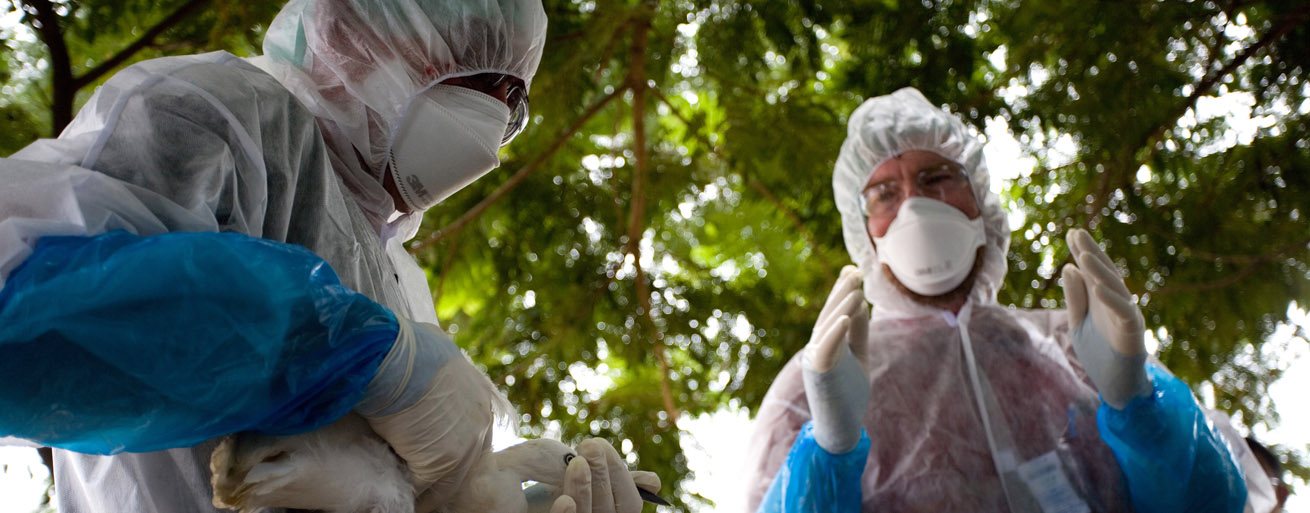
Collaborative approach for resilient surveillance and pandemic preparedness in Indonesia
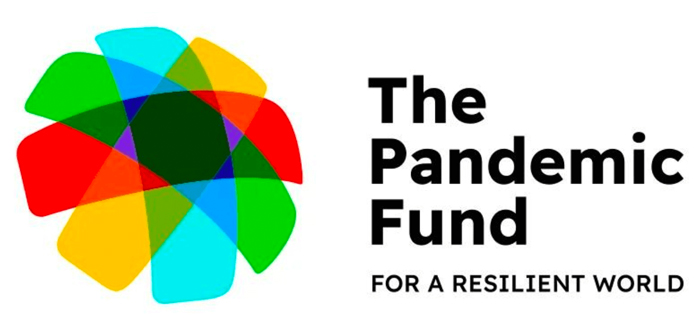
Indonesia, with its vast archipelago and high biodiversity, faces unique challenges in pandemic prevention, preparedness, and response (PPR). The CARE-I project aims to address these challenges by integrating human, animal, and environmental health systems under a One Health approach. By focusing on strengthening laboratory systems, early warning surveillance, and workforce capacity, the initiative seeks to fortify Indonesia's health security framework and improve its ability to mitigate emerging infectious diseases with epidemic potential.
Implementation and key components
The project will be led by the Ministry of Health, supported by the World Bank, WHO, and FAO, and will span national and subnational levels, with a focus on vulnerable regions such as Eastern Indonesia and border areas.
Strengthening laboratory systems
The project will establish a One Health Laboratory Network to enhance diagnostic capacity and standardize laboratory procedures across human, animal, and environmental health sectors. Efforts will include developing biorepositories, conducting biosafety and biosecurity training, and implementing external quality assurance (EQA) programs to ensure the accuracy and reliability of diagnostics.
Enhancing early warning and surveillance
A national One Health Surveillance Network will be developed to enable real-time data sharing and improve the timeliness of disease reporting. This includes upgrading surveillance systems, increasing community-based monitoring, and fostering interoperability among information systems. Public engagement and risk communication strategies will be prioritized to ensure timely detection and containment of outbreaks.
Building workforce capacity
To address skill gaps, the project will train professionals across sectors in epidemiology, data analytics, and emergency response. Special emphasis will be placed on developing a surge workforce framework and enhancing coordination among rapid response teams at the local and national levels.
Expected outcomes
The CARE-I project is expected to significantly enhance Indonesia's health security by improving laboratory efficiency, integrating surveillance systems, and building a skilled workforce. These efforts will lead to better compliance with International Health Regulations (IHR) and measurable improvements in Joint External Evaluation (JEE) and Performance of Veterinary Services (PVS) scores. Ultimately, the project aims to reduce the socio-economic impact of health crises while ensuring a resilient, interconnected health system ready to address future pandemic threats.
Implementing Entities
FAO, World Bank, WHO
Priority areas
- Early warning and disease surveillance systems
- Laboratory systems
- Human resources/public health and community workforce capacity
Total budget
USD 24,946,200
Total co-financing
(in kind and cash)
USD 21,624,668
Total co-investment
(in kind and cash)
USD 227,521,269
Find out more
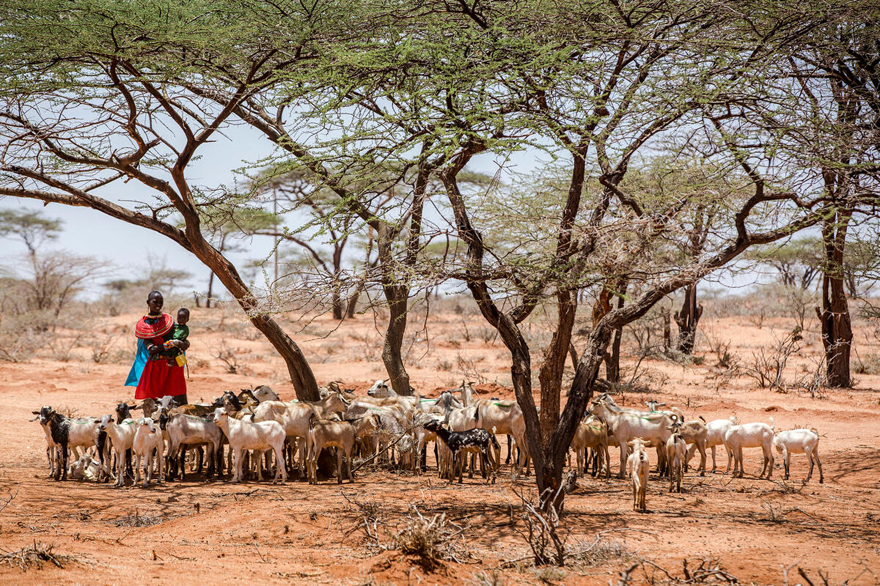
Projects
The Pandemic Fund
FAO is co-leading the implementation of 32 Pandemic Fund projects worth over USD 165 million aimed to boost local and global health security.
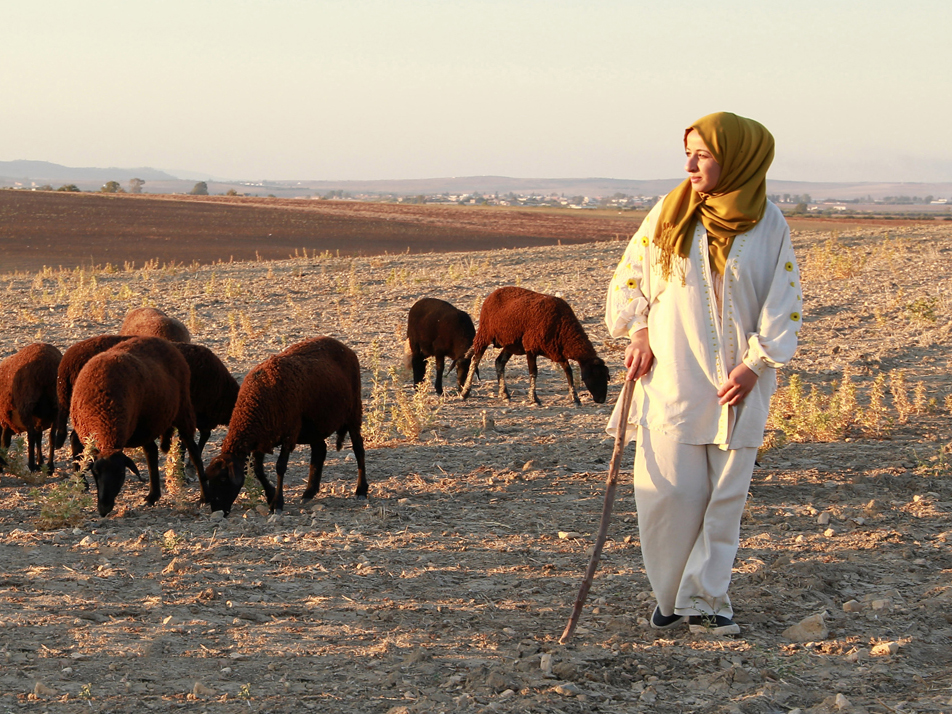
Highlights
Pandemic Fund’s third call for proposals
The Pandemic Fund has announced its third Call for Proposals, with an envelope of USD 500 million to enhance pandemic preparedness and response with a focus in low- and middle-income countries.
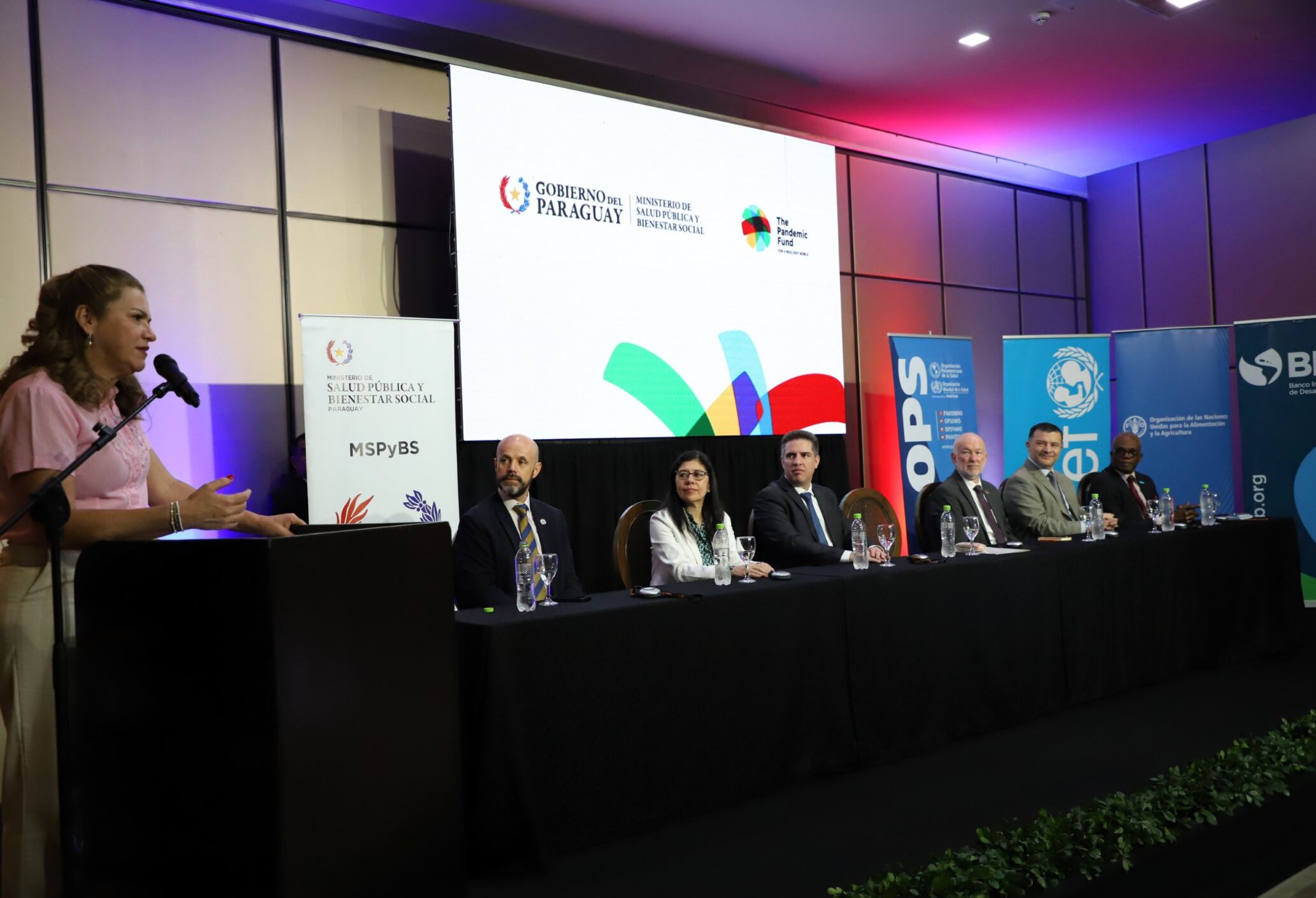
Highlights
Global fight against pandemics gains momentum as projects launch with FAO support
The first of Pandemic Fund projects launched at national level, including Ethiopia, Paraguay, Central Asia countries, and Yemen.
